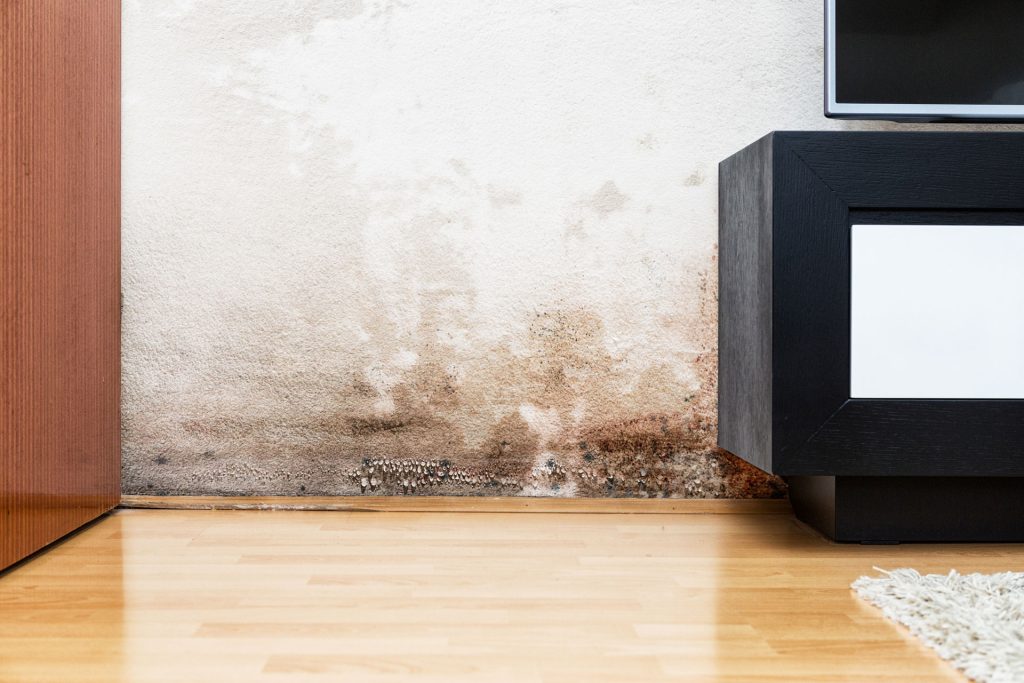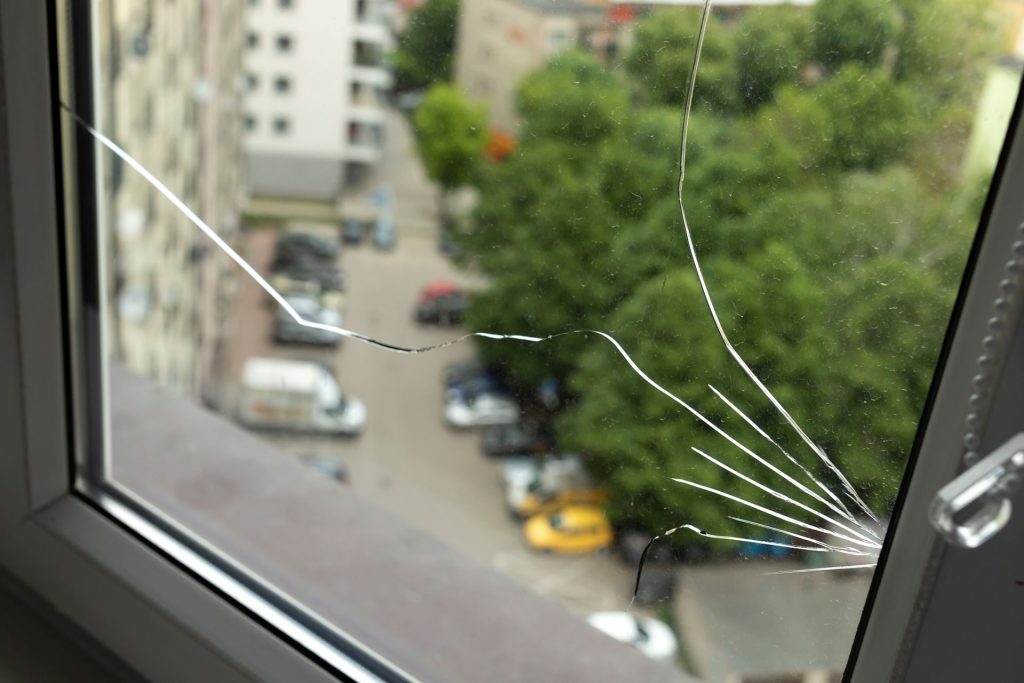Introduction
When renting a property, tenants have the right to expect a safe and habitable living environment. Unfortunately, housing disrepair issues can arise, compromising the well-being and comfort of tenants. It is essential for tenants to be aware of the common types of housing disrepair they may encounter and understand how to respond effectively to these issues. In this article, we will explore the various types of housing disrepair, their potential consequences, and the necessary steps to address them.
Structural Housing Disrepair
One of the most significant concerns in rental properties is structural disrepair. This can include issues such as cracked walls, subsidence, or problems with the roof. Structural disrepair not only compromises the integrity of the property but also poses safety risks to tenants. It is crucial to address these issues promptly to prevent further damage and potential harm to occupants.
Damp and Mould
Damp and mould are common housing disrepair problems that can have detrimental effects on both the property and the health of tenants. Prolonged exposure to damp and mould can lead to respiratory issues, allergies, and other health complications. Proper ventilation, regular maintenance, and effective remediation methods are crucial to prevent and mitigate damp and mould problems.

Plumbing and Drainage Problems
Plumbing and drainage issues, such as leaking pipes, blocked drains, or malfunctioning toilets, can significantly impact a tenant’s daily life. These problems can disrupt water supply, sanitation, and hygiene, creating inconvenience and health hazards. Tenants should promptly report plumbing and drainage issues to their landlords, who have a legal responsibility to ensure proper repairs are made.
Electrical Faults and Safety Hazards
Faulty electrical systems pose significant safety risks to tenants. Electrical faults, such as exposed wiring or faulty sockets, can lead to electrical shocks, fires, and other accidents. Regular electrical inspections and immediate repairs are essential to ensure the safety of tenants. If any electrical issues are identified, tenants should report them to their landlords without delay.
Heating and Insulation Deficiencies
Insufficient heating and insulation in rental properties can make living conditions uncomfortable, particularly during cold seasons. Inadequate heating can lead to health problems, while poor insulation results in energy inefficiency and increased utility costs. Tenants should inform their landlords of any heating or insulation deficiencies to ensure necessary improvements are made.

Pest Infestations
Pest infestations, such as rats, mice, cockroaches, or bedbugs, are not only nuisances but also pose health risks to tenants. Pests can damage property, contaminate food, and spread diseases. Professional pest control services should be sought to eradicate infestations effectively. Additionally, tenants should maintain cleanliness and implement preventive measures to minimise the risk of pest problems.
Asbestos Contamination
In older properties, asbestos may be present, posing severe health risks if disturbed. Asbestos exposure can lead to diseases such as lung cancer and mesothelioma. It is crucial to identify and safely remove any asbestos-containing materials through licensed professionals. If tenants suspect the presence of asbestos, they should report it to their landlords immediately.
Conclusion
Being knowledgeable about the common types of housing disrepair is crucial for tenants to protect their rights and well-being. From structural issues to damp, plumbing problems, electrical faults, heating deficiencies, pest infestations, and asbestos contamination, tenants should promptly report these problems to their landlords. Landlords have a legal obligation to address and resolve these issues promptly. If landlords fail to take appropriate action, tenants may consider seeking legal advice to protect their rights. Remember, a safe and habitable living environment is a fundamental right for all tenants, and by addressing housing disrepair effectively, tenants can ensure a better quality of life in their rented homes.
